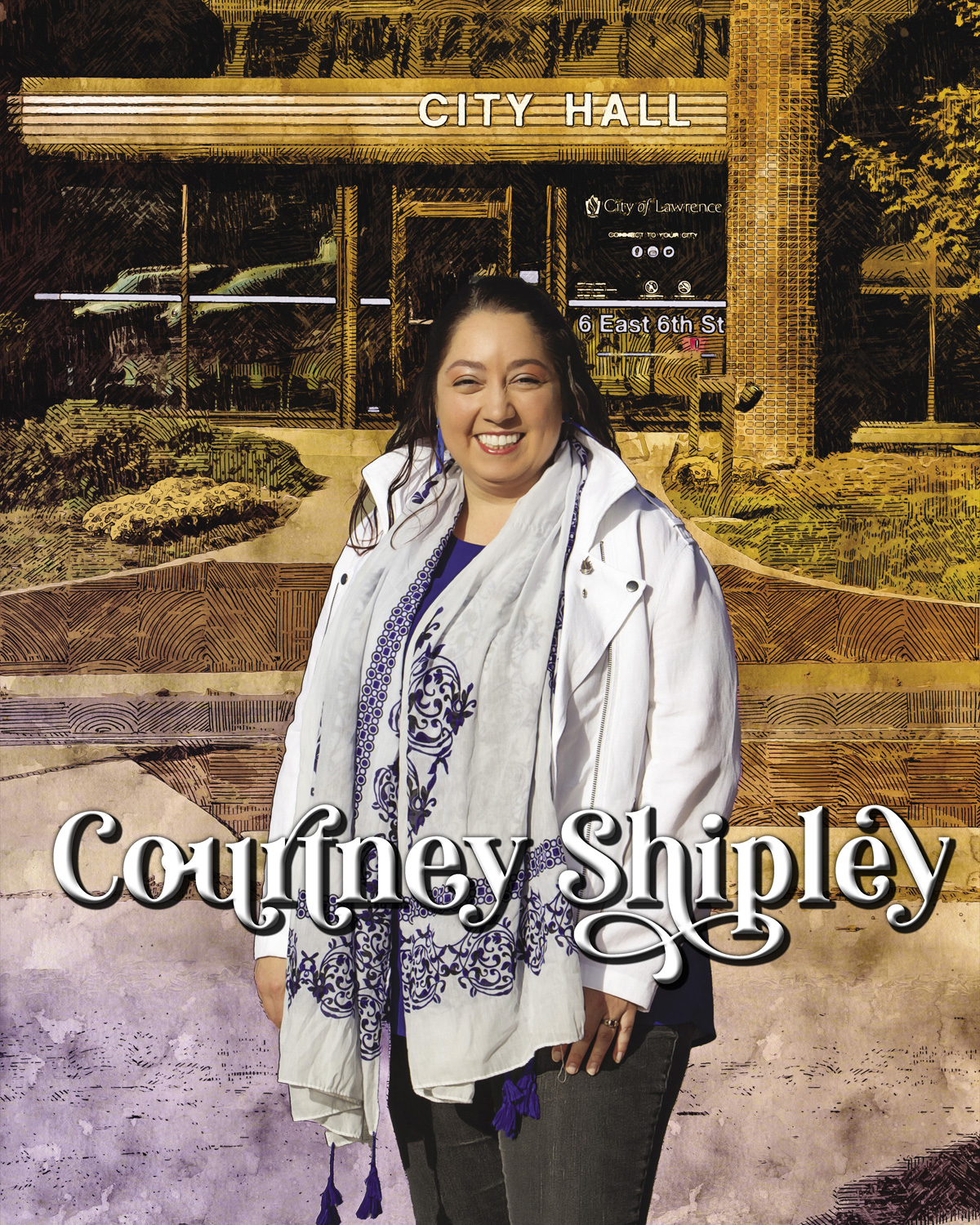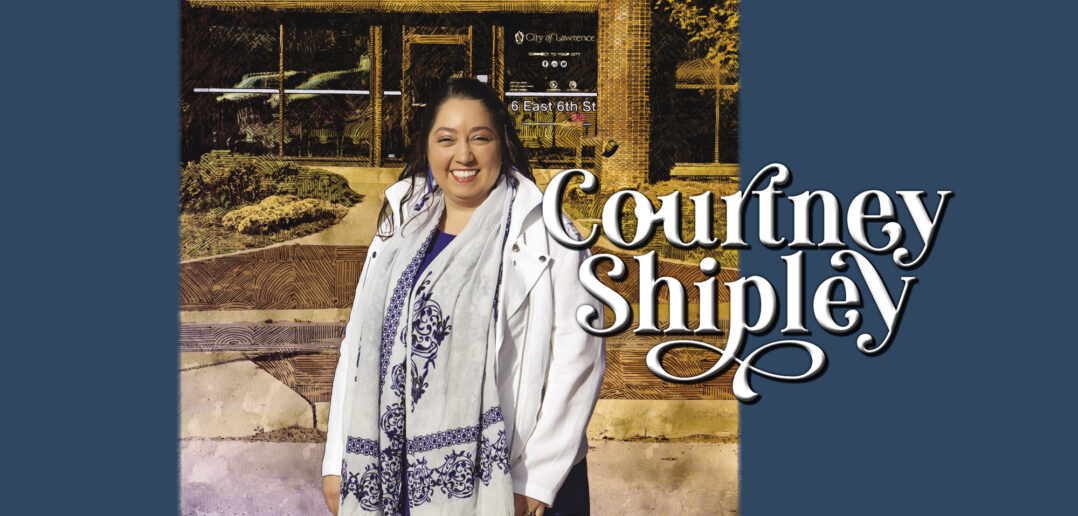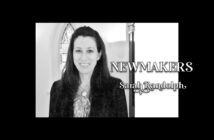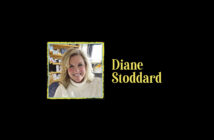| story by | |
| photo by | Steven Hertzog |
| OPEN A PDF OF THE ARTICLE |
With a career that began with a mere interest in the workings of the city, Mayor Courtney Shipley methodically moved up the ranks.

Courtney Shipley: Woman of Impact
Even before she became mayor of Lawrence, Courtney Shipley has been involved in city politics. Having lived here since the fifth grade, when her mother moved the two of them from Ottawa so that she could attend the University of Kansas, Shipley’s interest in how the city works came about because of a personal issue.
“I didn’t just wake up one day and think whimsically, ‘Wouldn’t it be fun to be on the city commission?’ ” Shipley explains. “I started going to these meetings because of something that was happening in my neighborhood, which was a traffic-related roundabout engagement that the city did.”
Shipley began going to city commission meetings in 2014 to see how that was going to play out, and she became interested in the other things happening on the agenda. With the desire to see how various city-related concerns shook out, she’d come back the next week to follow their progress, which ended up being a four-year span wherein Shipley went every Tuesday just to see what went on.
“When people in those situations see you showing up and being interested, and you’re reasonably responsible, they want you to join their group or help them do something,” Shipley explains. “And you start saying yes to things.”
After two years, people started saying, “Hey, maybe you might want to do this,” but the future mayor wasn’t quite sure whether she was qualified for a position as city commissioner.
“I’m sure partly because I’m a woman, I was like, ‘Well, I want to make sure that I’m totally qualified to do this,’ ” Shipley offers. “So, I did more, and I got more involved, and I learned more stuff for a couple more years before I was reasonably sure that I could.”
2023 marks Shipley’s fourth year on the Lawrence City Commission, after four years of what she refers to as “just chilling.” But in her eight years’ time of being present nearly every single Tuesday night, she’s learned a lot about Lawrence and how it works.
“I’ve observed over the years that you don’t get a feel for the relationships in the room—who the staff members are, who the neighborhoods or the interest groups are—if you don’t physically go,” Shipley continues, clarifying the difference between in-person and streamed meetings. “You don’t meet those people. I’m a little bit shy, actually, so I made a deal with myself: Every time I went, I had to meet a new person if I was gonna go out.”
And that was a deal that served her well. You need to know who the characters in the conversation are in order to figure out a solution or move something forward if you’re an activist. To that end, much of what Shipley has become known for is that she is a “neighborhood person.” “Those are groups I’ve heard from on my way up. I’ve gotten used to understanding what their perspectives are and the patterns of those perspectives.”
Those patterns are the predictable worries of homeowners throughout town, no matter which neighborhood they might live in. For instance, “If this road or sidewalk comes through here, how does it directly affect me?” Those types of things affect people every day. As Shipley explains: When an engineer pulls out a map and looks at an intersection, the connection made in his or her mind might not be the same connection made by those who live there.
Because of this intense interest in making sure the needs of the neighborhoods and those who live in them are met, Shipley has made a concerted effort to not become pigeonholed as the “neighborhood person,” the one philosophically opposed to developers.
“I just choose not to believe that’s true,” Shipley states. “Otherwise, we’re never going to get anything done. We’re just always going to be at loggerheads.”
Early on, some of those efforts—borne partly, Shipley believes, out of naivete—was her talking to people she didn’t know she wasn’t supposed to talk to. “One time, I was on a neighborhood board and invited a speaker to come who had never been invited there and believed themselves to be like mortal enemies—like persona non grata. I just had no clue. I was just like, ‘Hey, let’s talk to this person.’ ”
The end result was that the group was very grateful anyone even wanted to hear its perspective, whether they agreed or not. The group was thrilled someone was even willing to have a conversation.
“And I remember that,” Shipley says. “I go on, and I look for people I’m pretty sure might disagree with me, because some of the ways that we end up in our decision-making here, end up as an impasse, not actually progressing when we consider ourselves progressives, ’cause we’re not really actually talking to each other very well.”
As to Shipley’s current involvement with boards and projects, “It’s a boring answer, unfortunately,” she says. “I was on three boards before I got elected: Board of Zoning Appeals, Lawrence Association of Neighborhoods, and Lawrence Preservation Alliance.”
At the moment, though, she continues, “it’s ill advised to be on boards when you’re elected,” due to perception of conflicts of interest. While she stills go to Lawrence Association of Neighborhoods meetings to hear what people are concerned about, she’s no longer on the board.
“I don’t really have time for much else,” beyond that, she concludes. “’Extra’ time goes to my kids.”
Shipley doesn’t believe she’s one philosophical idea, however, explaining that she’s trying to get to the middle and find the common ground. She knows being on the city commission is a position that follows you everywhere, and when she initially considered running, Shipley was confrontational with herself about whether that would annoy her.
“And it doesn’t,” she says. “I fully expect it. I encourage people when they’re like, ‘Oh, you don’t wanna hear about this.’ Yeah, I do. Go ahead. It’s all right. It’s what I’m out here for.”
Things do sometimes get interesting for Shipley being Latina. Given her last name, there are the occasional commenters at city commission meetings who are unaware of her heritage.
“Public commenters were not aware of that little fact,” Shipley says. “That, in fact, we have more representation on our board than is reflected in our actual city demographics, which is something you could be proud of, I guess, if you want to. But again, most people aren’t aware of that, and I don’t know how to play that up or down, so I just choose not to play it up or down, and just let it be what it is.”
This reflects her experience in life, Shipley continues. People who don’t know she’s Latina will say something, and then she’s in a familiar situation where she gets to tell them that she’s Mexican. “And that’ll be fun. Let’s see how that goes. How are they gonna take that?”
On the other side of the spectrum, she acknowledges she’s white-presenting and has had some people in her family says that doesn’t count.
“You’re not this, and you’re not that, because I don’t perceive you that way,” Shipley explains of all of these situations, regardless of the person with whom she’s interacting. “Which I think is very interesting, that what you are is really about what they perceive and nothing about how you feel.”
Shipley tells a story of how there once was a commenter during discussions about Lawrence’s sanctuary policy, which had to be changed because the state changed its laws.
“In that conversation, one of the commenters wanted to shame all the white people and—as ham-fisted as he possibly could be—only remarked on our last names,” Shipley recalls. “And at the end, I was like, ‘Who wants to tell him I’m Mexican?’ Everyone volunteered.”





